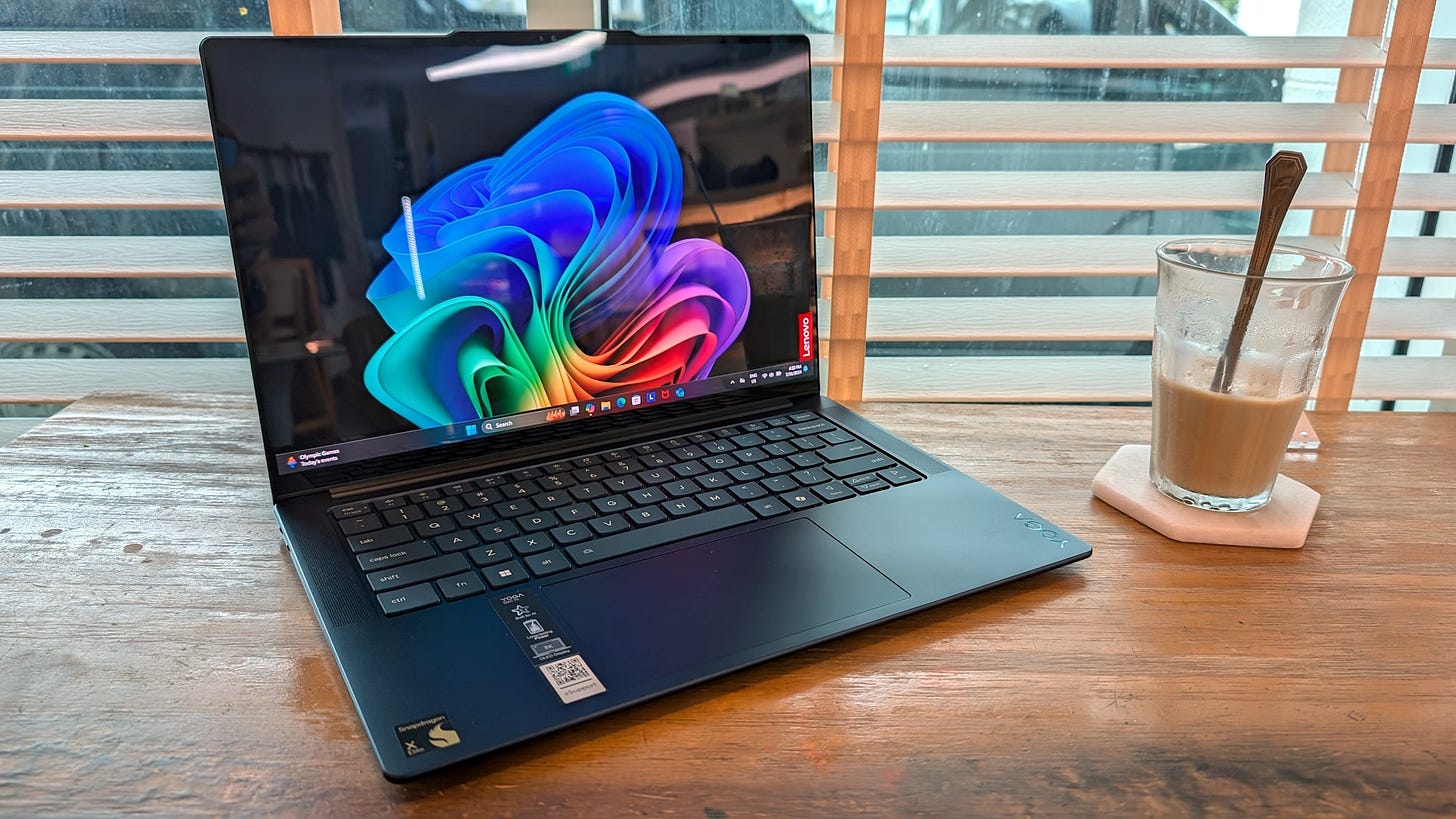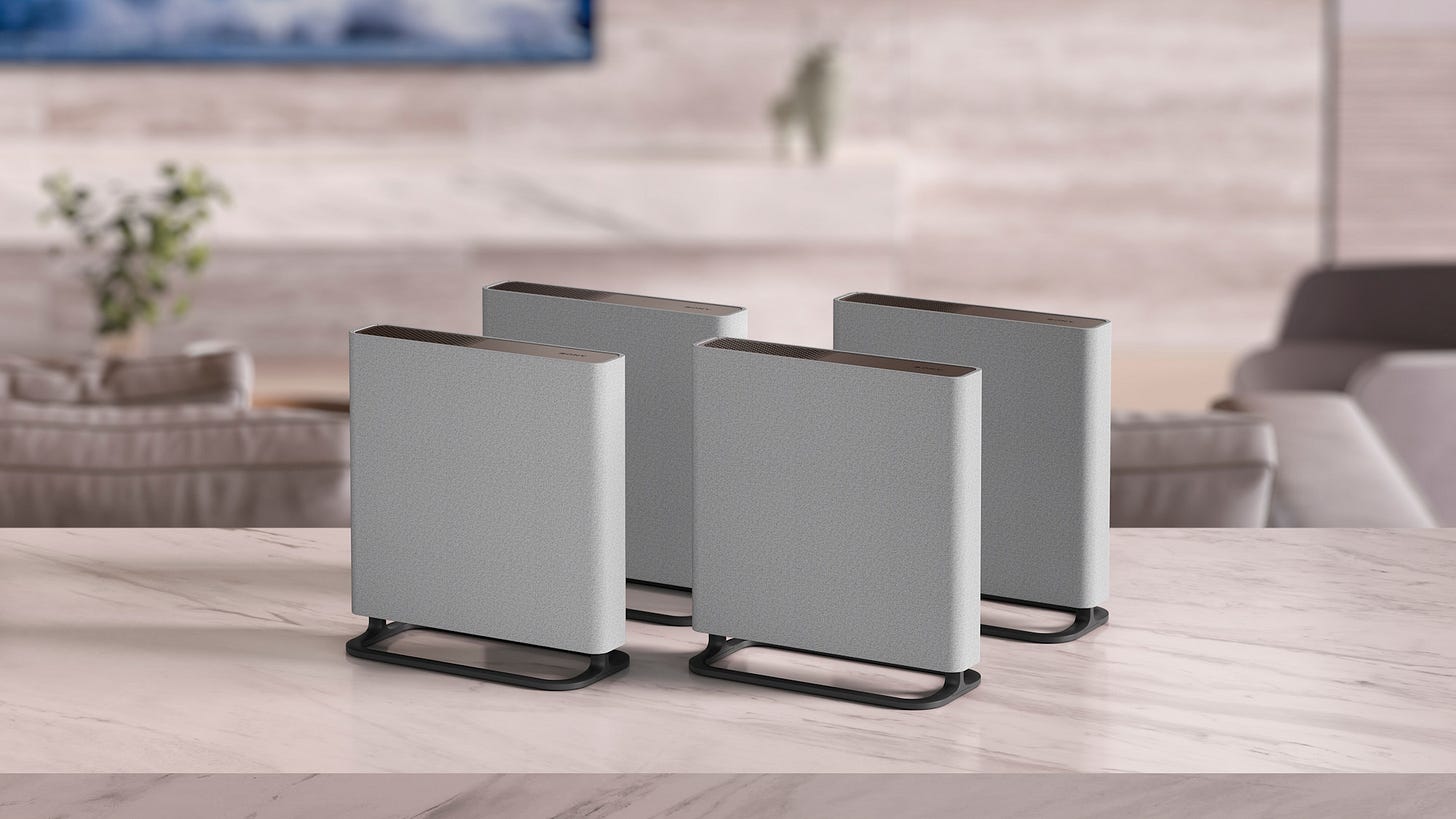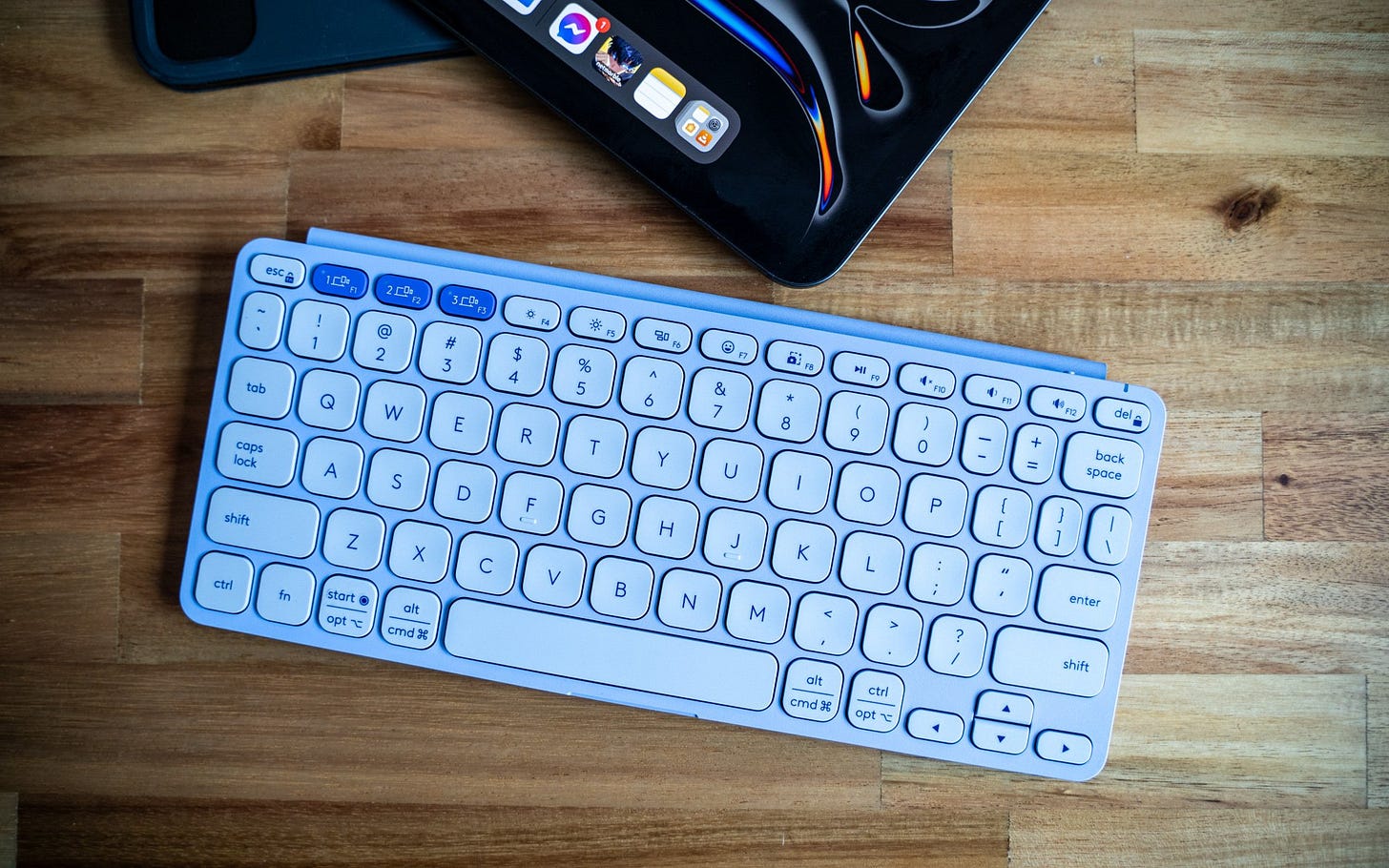Plugging the gaps
Google finally has a complete lineup of Pixel devices
Google went all-out with its Pixel devices at its #MadebyGoogle event. We saw new Pixel phones, all sporting the latest Google Tensor G4 chip, a bunch of hardware upgrades, and lots of AI features. We also saw a new Pixel foldable, new Pixel smartwatches, and even a new pair of noise-cancelling Pixel Buds Pro 2. Here’s a quick roundup of the Pixel devices coming to Singapore.
The tech giant also continues to bang the AI drum — Gemini is now the default assistant on the Pixel 9, and the Pixel Buds Pro 2 are the first earbuds with Gemini Live. But what I found significant is that there’s now a second 6.3-inch screen option for the flagship Pixel 9 Pro phones, as well as a larger 45mm version of the Pixel Watch 3.
In isolation, these additions may not seem like a big deal, but they plug the remaining gaps in Google’s Pixel lineup. Google finally has a complete range of Pixel devices to take on Apple and Samsung — it only took six years.
Besides building up an ecosystem of devices, Google is also expanding the availability of these Pixel devices to more markets. For example, the Pixel Fold was available in four countries last year, but the latest Pixel Pro Fold will be on sale in 17 countries.
Now, Google is still very much a niche player in the smartphone segment, with around 5% market share in its biggest markets (North America and Japan). From my extremely anecdotal experience, I have only ever spotted Google Pixel phones a handful of times on my usual commute in Singapore.
But with Samsung having a minor hiccup — we’re still waiting for our Galaxy Buds 3 Pro that has presumably been delayed because of quality issues, along with reports that Samsung’s recent products are too Apple-like — while Apple has yet to show off this year’s iPhone, there may be an opportunity here for Google to grab some users.
This week, we finally managed to get our hands on a Copilot+ laptop featuring Qualcomm’s Snapdragon X Elite processor, which has amazing battery life. We also tested Sony’s excellent Bravia Theatre Quad sound system, as well as a handy and slim Logitech keyboard for tablets like the iPad Pro.
If battery life is your only criterion for a Windows laptops, then the Lenovo Yoga Slim 7x is your best choice. This 14.5-inch notebook uses a power-efficient Qualcomm Snapdragon processor that rivals its AMD and Intel competitors. The only downside is that some Windows apps may not run optimally, or at all because of its ARM computing architecture.
Sony’s latest iteration of its wireless home theatre system is a home run. Not only has Sony fixed the audio drops of the previous version, the redesigned Theatre Quad also blend in better with your home décor. However, it’s also more expensive than its predecessor, though its flexible speaker placement is reason enough to invest in it.
The Logitech Keys-to-Go 2 is a super-slim, portable keyboard for tablets. Weighing just 222g, it uses replaceable coin-cell batteries that last up to three years. It can pair with up to three devices, and works with both Mac or Windows. However, it’s not the most comfortable to type with as it’s small with 18mm-pitch keys.





